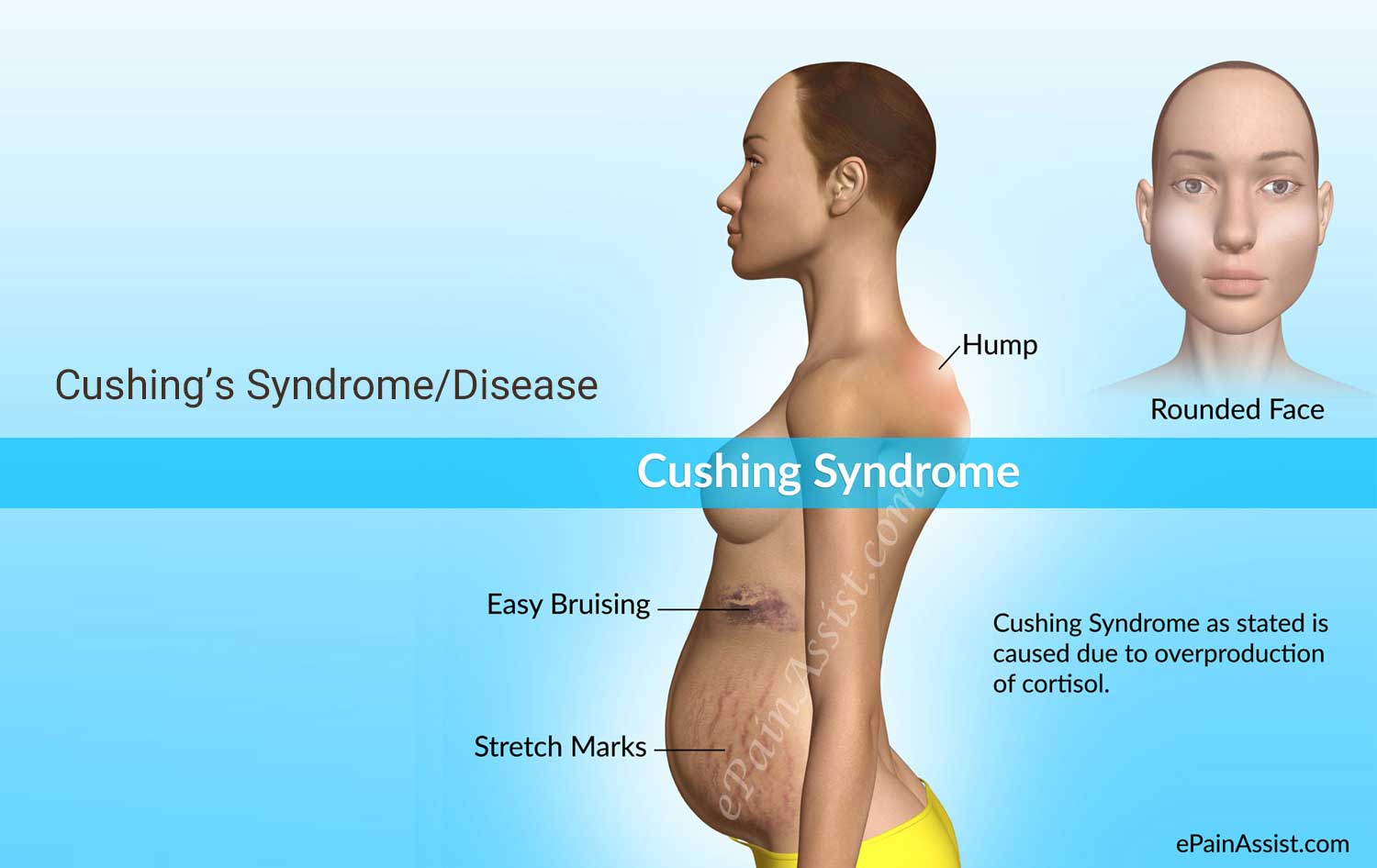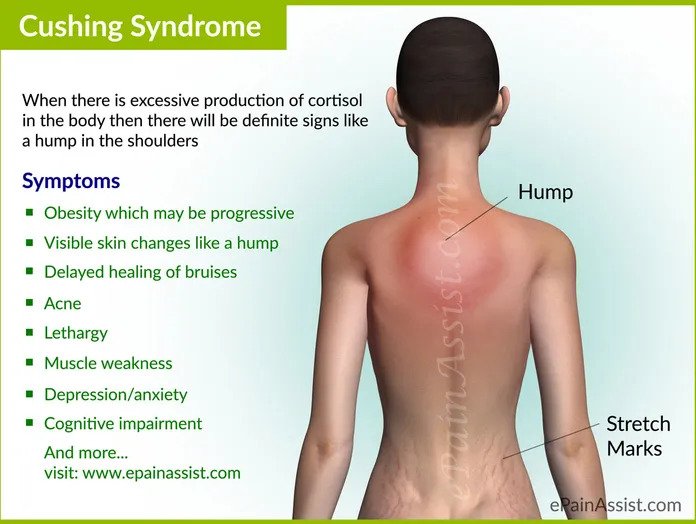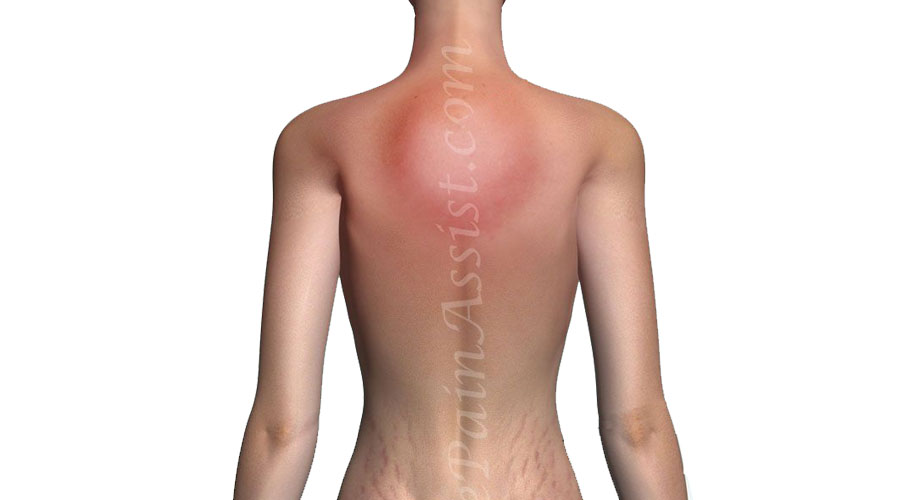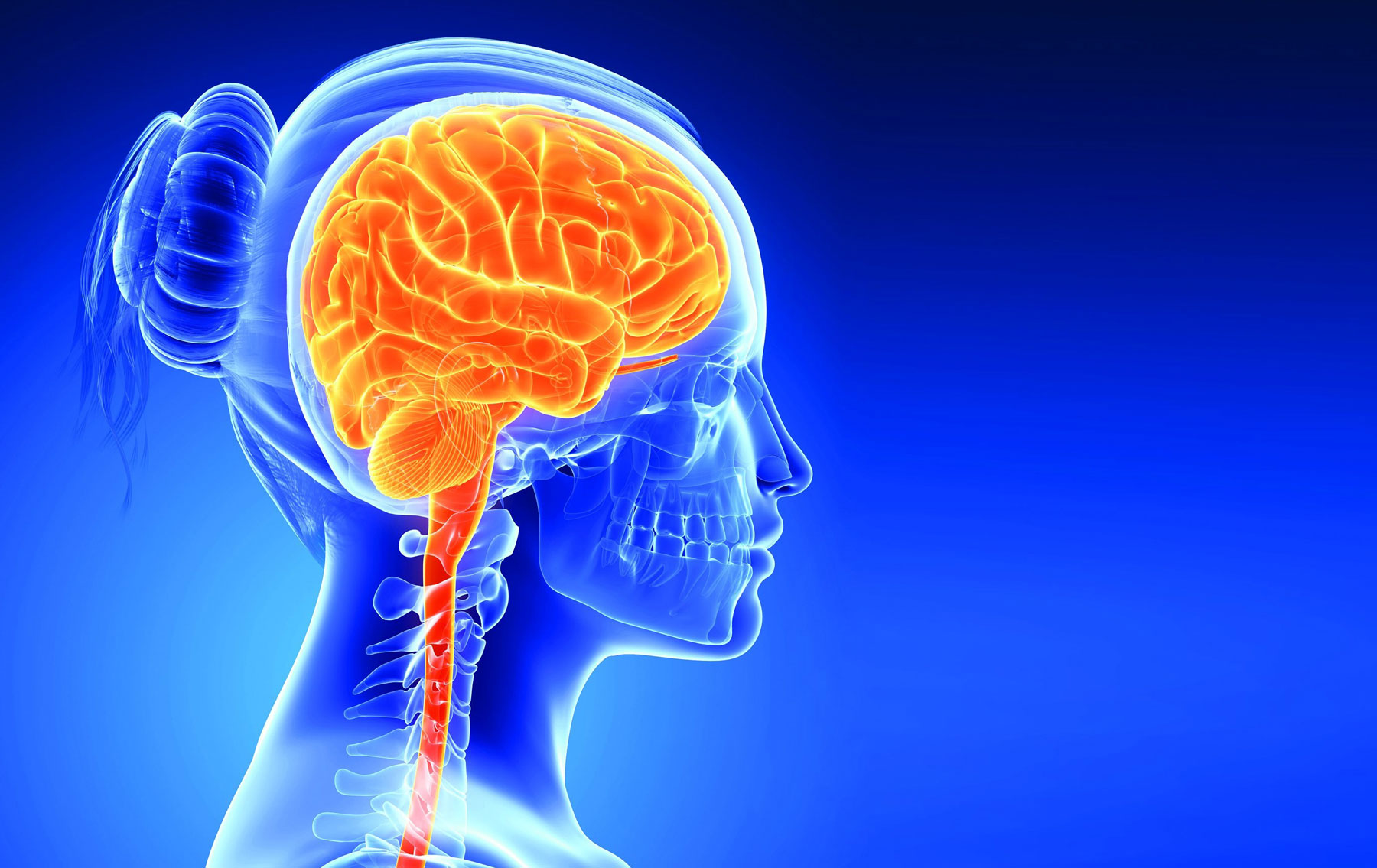Adult-onset Hydrocephalus The term hydrocephalus is derived from two words: "Hydro," meaning water, and "Cephalus,"…

Cushing’s Syndrome/Disease
Cushing’s syndrome is a disorder caused by the body’s exposure to an excess of the hormone cortisol. Cortisol affects all tissues and organs in the body. These effects together are known as Cushing’s syndrome.
Cushing’s syndrome can be caused by overuse of cortisol medication, as seen in the treatment of chronic asthma or rheumatoid arthritis (iatrogenic Cushing’s syndrome), excess production of cortisol from a tumor in the adrenal gland or elsewhere in the body (ectopic Cushing’s syndrome) or a tumor of the pituitary gland secreting adrenocorticotropic hormone (ACTH) which stimulates the over-production of cortisol from the adrenal gland (Cushing’s disease).
Cortisol is a normal hormone produced in the outer portion of the adrenal glands. When functioning correctly, cortisol helps the body respond to stress and change. It mobilizes nutrients, modifies the body’s response to inflammation, stimulates the liver to raise blood sugar and helps control the amount of water in the body. Cortisol production is regulated by the ACTH produced in the pituitary gland.
Causes
Pituitary Adenomas. Pituitary adenomas are benign tumors of the pituitary gland that secrete increased amounts of ACTH causing excessive cortisol production.
Ectopic ACTH Syndrome. Some benign or malignant (cancerous) tumors that arise outside the pituitary gland can produce ACTH. This condition is known as ectopic ACTH syndrome.
Adrenal Tumors. An abnormality of the adrenal glands, such as an adrenal tumor, may cause Cushing’s syndrome. Most of these cases involve non-cancerous tumors called adrenal adenomas, which release excess cortisol into the blood.
Familial Cushing’s Syndrome. Most cases of Cushing’s syndrome are not genetic. However, some individuals may develop Cushing’s syndrome due to an inherited tendency to develop tumors of one or more endocrine glands.
Treatment of Cushing’s Syndrome
Treatment of Cushing’s syndrome depends on the underlying cause of excess cortisol but may perhaps include surgery, radiation, chemotherapy or the use of cortisol-inhibiting drugs. If the cause is iatrogenic, from long-term use of glucocorticoid hormones to treat another disorder, the physician will gradually reduce the dose of the externally administered steroid to the lowest dose adequate for control of that disorder. Once control is established, the dose of glucocorticoid hormones may be given on alternate days to lessen side effects for the patient.
Treatment of Cushing’s Disease
Microsurgical resection of an ACTH-secreting pituitary adenoma is the optimum treatment for Cushing’s disease with cure rates of 80-90 percent if a tumor is found. Surgery is most often done through a transnasal transsphenoidal approach, which will not leave a visible scar. This type of surgery may be performed, per the surgeon’s preference, using either a minimally invasive operating microscope or with the use of an endoscope. Partial removal of the pituitary gland (subtotal hypophysectomy) may be used in patients without clearly identifiable adenomas.



